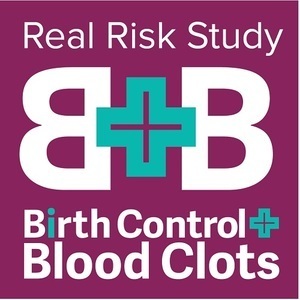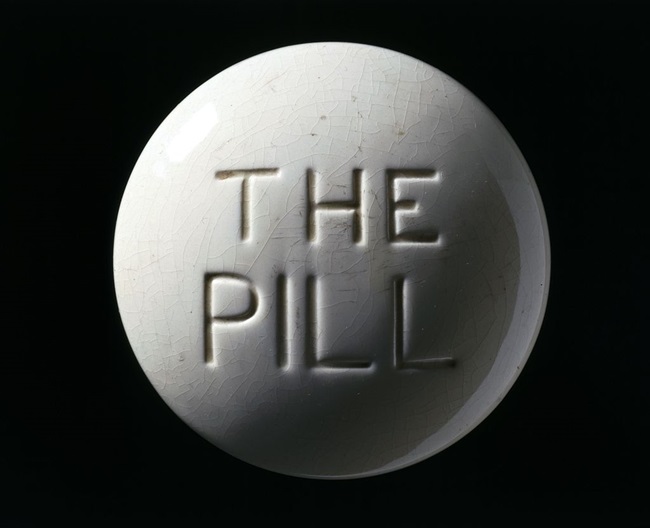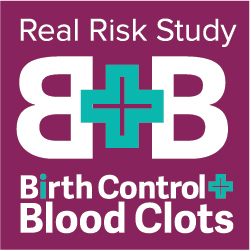I don’t know about you but my vision is pretty important to me. I’m using it right now to type this article. I use it all the time, every waking hour of the day (except maybe when I’m meditating). So when I read the Nelson Pill Hearings and I came across the testimony of Dr. Guttmacher, I was shocked.
“Now, in addition to the danger from thromboembolism which has been described to this committee on several occasions by several witnesses, I think that there are other dangers for the pill… such as high blood pressure, headache, depression, interference with vision, and so on.” (page 6566)
Wait… the birth control pill affects your vision??? How can that be? And how could he just say that in passing? Why did no one on the Senate committee stop him and make him explain that that statement? It turns out, just like diabetes, yeast infections and UTIs, depression, weight gain, and so many other side effects, no one had told me that my vision could be affected by using hormonal birth control.
How Hormonal Birth Control Affects Vision
Hormones affect every system of the body so perhaps it should come as no surprise that they can greatly impact your vision. In fact, it is the fluctuation in hormones that is the primary reason for worsening eyesight with age. So of course, manipulating the body’s natural chemistry by using hormonal birth control can cause a variety of vision problems.
Dry Eye
According to the National Eye Institute (NEI), “Dry eye occurs when the eye does not produce tears properly, or when the tears are not of the correct consistency and evaporate too quickly.” While usually more uncomfortable than dangerous, if dry eye is left untreated it can cause pain, ulcers, scars on the cornea, and in rare cases, some loss of vision.
The NEI also states that it can be temporary or chronic and that one of the causes of dry eye is medications such as birth control. Unfortunately, that means dry eye is often overlooked in young women and teen girls using the pill. As Dr. Reiser of the Cornea Institute at the Children’s Hospital of Los Angeles points out, doctors “may not even think of it, but these drugs are frequently prescribed to treat skin problems and dysmenorrhea. Some [ocular] symptoms can mimic what you see in menopausal women.”
We also see dry eyes as a side effect of women who’ve had hysterectomies. Robin Karr details her experience with it here. It’s obvious that eye health is linked to hormones but the vision problems associated with hormonal birth control don’t stop there. Dry eyes may be the least of our worries.
Glaucoma
Dry eye may be uncomfortable and inconvenient but glaucoma, another eye condition linked to hormonal birth control, can be much more dangerous. Glaucoma causes damage to the optic nerve and can lead to permanent loss of vision. Perhaps the scariest thing about glaucoma is that most patients have no symptoms and are only diagnosed when having an eye exam. A researcher and ophthalmologist from the University of San Francisco found that use of birth control pills for three years or longer doubles the risk of glaucoma.
The fact that glaucoma is the second leading cause of blindness and that there is no cure is very disturbing. The American Optometric Association downplays the findings of this study and calls for more research. Yet, that seems to be the response to all of the research about the dangerous side effects of hormonal contraception. How much more research do we need to show that these medications are dangerous and dangerously over-prescribed? A woman could literally go blind from a medication she’s been prescribed to treat acne.
Retinal Occlusion
As someone who had a stroke while using hormonal birth control, this risk probably shouldn’t have come as a surprise to me. Retinal occlusion is a stroke of the eye caused by a blockage in the blood vessels of your retina. These blockages can be caused by blood clots, a well-researched and documented side effect of hormonal contraception. Like with a stroke of the brain, recovery isn’t guaranteed. Some people who suffer these retinal occlusions will never see again.
In fact, the risk with oral contraceptive use is so substantiated that you can find it in the “Practicing Ophthalmologists Curriculum Core Ophthalmic Knowledge” on the American Academy of Ophthalmologists website.
It should also be said that many of our Real Risk: Birth Control and Blood Clots study participants experienced vision changes before and during their blood clots. This was the case not just in the women who had had strokes but surprisingly also in the women who suffered pulmonary embolisms.
Seeing Clearly
I used birth control pills for 10 years and I never once had a healthcare professional- not my gynecologist, not my general practitioner, not my ophthalmologist- tell me that vision problems were a side effect. That Dr. Guttmacher mentioned it in passing at Nelson Pill Hearings seemed to indicate that the risk was well-known, even back in 1970. Current research supports that hormonal contraceptives adversely affect vision. Where does that leave us? What would you be willing to give up for a medication? Your physical health? Your mental health? Your libido? Your vision? Your life?
What else do we need in order to see that hormonal contraception is not worth it?
Real Risk Study: Birth Control and Blood Clots
Lucine Health Sciences and Hormones Matter are conducting research to investigate the relationship between hormonal birth control and blood clots. If you or a loved one have suffered from a blood clot while using hormonal birth control, please consider participating. We are also looking for participants who have been using hormonal birth control for at least one year and have NOT had a blood clot, as well as women who have NEVER used hormonal birth control. For more information or to participate, click here.




























